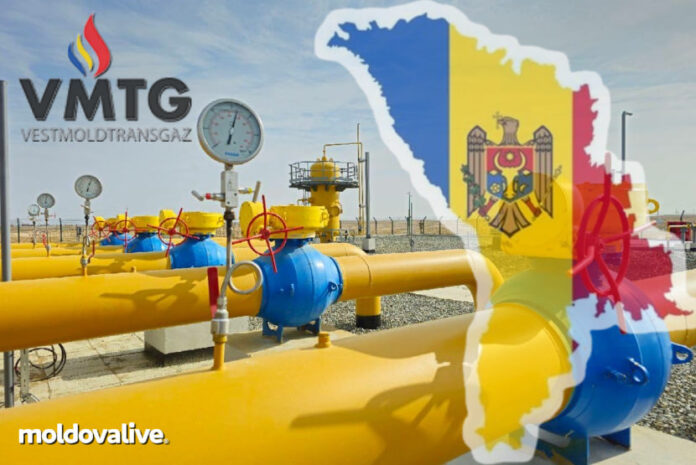Regional traders have sharply criticized Moldova’s gas network operator, Vestmoldtransgaz (VMTG), for raising transmission tariffs on capacity booked before a price hike on September 1, as reported by icis.com.
At least ten regional and local traders who had booked monthly or quarterly capacities for gas transiting Moldova to Ukrainian storage facilities from southern Europe were required to pay the difference between the old and new tariffs.
Traders argue that the increase undermines the competitiveness of one of the region’s most attractive transit routes and could block Moldova and Ukraine’s access to non-Russian gas supplies from southern Europe. An international trader told ICIS that beyond the route’s economic impact, the tariff hike will burden Moldovan consumers with higher bills.
Another trader highlighted that the tariff increase would affect the entire region, questioning why VMTG raised prices by 50%, given the lack of recent investments and the fact that the transmission assets have long been amortized.
In a letter to Moldova’s energy regulator, Energy Ministry, VMTG, and the Energy Community—viewed by ICIS—Ukrainian gas operator GTSOU stated that reverse flows on the Trans-Balkan route, connecting southern Europe to Ukraine, have “significantly facilitated cross-border trade opportunities in the region.”
FOR THE MOST IMPORTANT NEWS, FOLLOW US ON TWITTER!
VMTG, majority-owned by Romanian grid operator Transgaz, took over Moldova’s transmission operations in September 2023 after government and regulatory pressure to separate transmission from Moldovagaz. The handover occurred through a lease agreement after repeated delays requested by Gazprom, Moldovagaz’s main shareholder.
VMTG immediately sought a tariff increase, which Moldova’s regulator approved. In 2024, VMTG requested a further hike, with entry tariffs rising from 20.9 Moldovan Lei/MWh/h (€1.08/MWh/h) to 30.7 Moldovan Lei/MWh/h (€1.59/MWh/h) as of September 1. Exit tariffs also rose, from 22.3 Moldovan Lei/MWh/h to 35.5 Moldovan Lei/MWh/h (€1.85/MWh/h).
GTSOU noted that VMTG’s steep tariff increase, combined with higher transmission tariffs in neighboring Romania, led to a significant drop in the utilization rate of the route—from 83% in 2023 to just 10% in 2024.
According to GTSOU, before VMTG’s first tariff hike, the cost of gas transit from Greece to the Ukrainian border at Grebenyky was around €3.00/MWh. After the first increase, this cost rose by 67% to €5.00/MWh and has now reached €6.70/MWh, making Moldova the most expensive transit country in the region and potentially in Europe.
GTSOU warned that the latest tariff hike will further “aggravate” the situation and reduce Moldova’s revenues. A source close to GTSOU suggested that VMTG could mitigate the impact by introducing lower tariffs for short-distance cross-border points.


